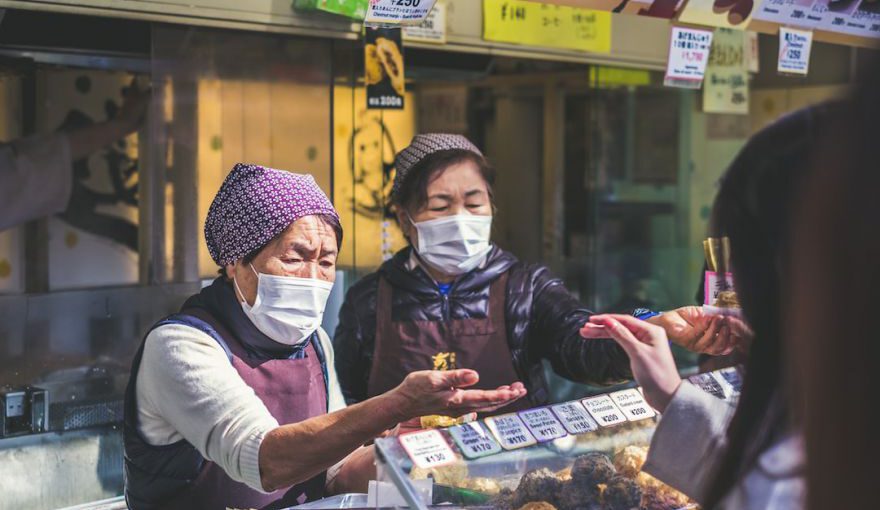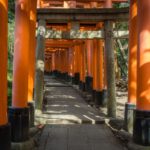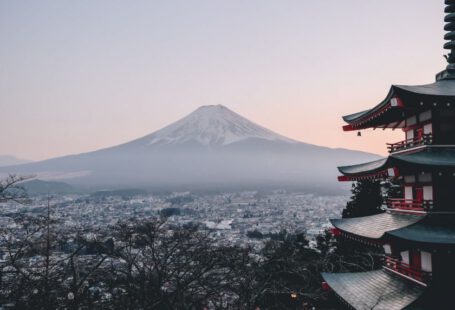In recent years, it has become a common sight to see people in Japan wearing face masks. It may seem unusual to those from Western cultures, but in Japan, it is a cultural practice that has a long history. The reasons behind this phenomenon are varied and complex, ranging from personal health concerns to social etiquette. In this article, we will explore the factors that contribute to the prevalence of face masks in Japanese society.
Protection against illness
One of the main reasons why Japanese people wear face masks is to protect themselves and others from illness. Japan is a densely populated country with crowded public transportation and close proximity in everyday life. This makes it easier for diseases to spread quickly. By wearing a face mask, individuals can reduce the risk of contracting or spreading respiratory infections such as the common cold or the flu. It is a way of taking responsibility for one’s own health and the health of others around them.
Allergy prevention
Another common reason for wearing face masks in Japan is to prevent allergies. Many people in Japan suffer from seasonal allergies, particularly during the spring when pollen levels are high. Wearing a face mask can help filter out pollen and other allergens, providing relief to those who are prone to allergic reactions. It is seen as a practical and considerate measure to alleviate discomfort and maintain personal well-being.
Social etiquette
In Japanese society, there is a strong emphasis on politeness and consideration for others. Wearing a face mask is often regarded as a way of showing respect and consideration for those around you. If an individual is feeling unwell or has a cough, wearing a mask can prevent the spread of germs and protect others from getting sick. It is a subtle but meaningful gesture that demonstrates mindfulness and concern for the well-being of the community.
Fashion and personal expression
In recent years, face masks have also become a fashion statement and a form of personal expression in Japan. Many people, especially younger generations, choose masks with unique designs or patterns to match their outfits or showcase their individual style. It has become a fashion trend that combines functionality with creativity, allowing individuals to express their personality even when half of their face is covered. This blending of fashion and practicality has made face masks a popular accessory in Japanese street fashion.
Natural disasters and pollution
Japan is prone to natural disasters such as earthquakes and typhoons. In times of emergency, face masks are often distributed to protect individuals from dust, debris, and other harmful particles in the air. Additionally, face masks are sometimes worn in areas with high levels of air pollution, particularly in urban areas or during smoggy days. They act as a barrier against pollutants and help maintain clean airways.
Conclusion: A cultural practice with multiple dimensions
The wearing of face masks in Japan is a multifaceted cultural practice that serves various purposes. From health concerns to social etiquette and fashion trends, it is a reflection of the values and customs deeply ingrained in Japanese society. Whether for personal protection, allergy prevention, or as a sign of respect, face masks have become a symbol of responsibility, consideration, and individuality. As the world continues to face global health challenges, it is worth appreciating and understanding the significance of this cultural phenomenon in Japan.





